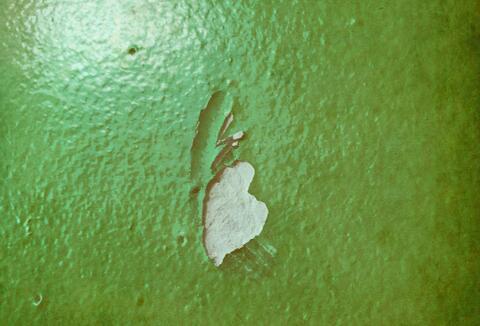The New Jersey Department of Health today announced that county and local health agencies can apply for up to $10 million in funding to test more children for lead exposure and intervene earlier with education, environmental home inspections, and nurse case management.
The Department’s childhood lead prevention rules were revised last month, strengthening New Jersey’s standard for intervening in cases of childhood lead exposure. The new rules require earlier intervention when lower levels of lead are detected in a child—from 10 micrograms per deciliter of blood to 5 micrograms. This change will enable public health officials and medical providers to intervene with education, case management, home visits, and other steps, at the earliest possible time.
“There is no safe level of lead in children,” said Health Commissioner Cathleen Bennett. “Lead can disrupt the normal growth and development of a child’s brain and central nervous system and can result in hyperactivity, attention deficits, developmental delays and decreased hearing.”
As National Lead Poisoning Prevention Week begins Sunday, Commissioner Bennett reminded parents that there are many potential sources of lead exposure. Peeling paint in homes built before 1978 is the most common pathway of exposure, but other sources include water from leaded pipes, soil contamination, imported candy, toys, jewelry and spices, ceramic pottery glazes, and some herbal remedies.”
In State Fiscal Year 2016, 214,741 children were tested for lead exposure in New Jersey, a 4.1 percent increase over the 206,221 tested during 2015.
“On behalf of the New Jersey Association of County and City Health Officials (NJACCHO), we are very grateful to Governor Christie, Commissioner Bennett and the Legislature for approving $10 million in support of addressing lead in our communities,” said NJACCHO President Lisa A. Gulla. “We look forward to this funding that will provide much needed support to local health departments across the State for environmental lead investigations, nursing case management, testing, and education.”
The Department’s ongoing public education campaign, #kNOwLEAD, was created a year ago to increase awareness of all lead hazards in homes, schools, and on the job, to educate residents about what they can do to prevent exposure, and to encourage parents to have their children tested.
Local health agencies can apply individually or county and local health departments can enter into shared services agreements to handle a minimum of 20 cases. Applications are due November 13, 2017, and successful applicants will be announced by mid-December 2017 with funding starting in January 2018. The funding can be used for equipment, training, supplies, and staff. Local health departments would be eligible for funding for three years, depending on availability of funds.
In addition to the grant funding, the Department provides $3.9 million for training, certification of inspectors, abatement and grants to more than a dozen local health departments with the highest incidence of children with elevated blood lead levels.
